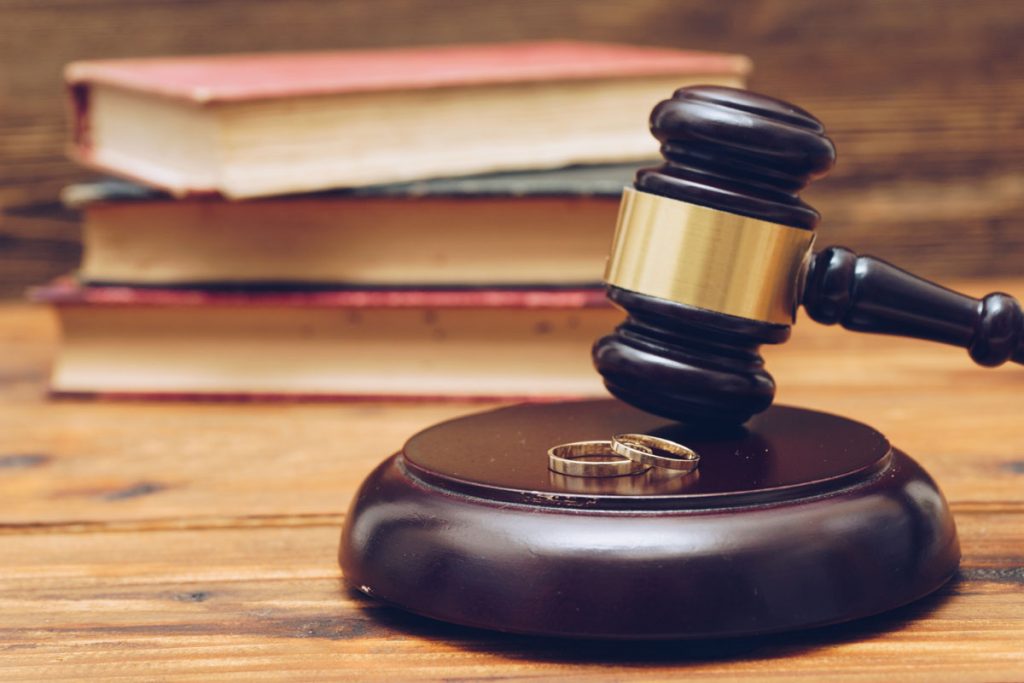What Not to Do Before Filing Bankruptcy

Before you file for Chapter 7 or Chapter 13 bankruptcy, there are a few things you should avoid.
When you’re under financial strain, it’s tempting to do whatever it takes to get out of it. However, most people find that preparation ahead of time makes a bankruptcy case go more easily. You’ll learn why you shouldn’t perform the following things in this article:
- File at an inopportune time
- Unnecessarily use retirement funds
- Carelessly or improperly fill out bankruptcy paperwork
- Take out a credit card to buy luxury goods and services, or take out a cash advance.
- Property should not be sold or transferred for less than it is worth.
- Only pay your preferred creditors.
- Before acquiring a significant asset, such as an inheritance, you should file a tax return.
- If you don’t file your tax returns, you’ll be fined.
- Finally, understand about the distinctions between Chapters 7 and 13 to prevent picking the wrong bankruptcy chapter.
Don’t Make Hasty Decisions About Bankruptcy
- Bankruptcy is a good way to get rid of debt, but you’re only entitled to a bankruptcy discharge (the order that wipes away your debt) once in a while. As a result, it’s a good idea to consider whether now is the right time to file or if you’ll need to file later. You can get a Chapter 7 discharge if you meet the following criteria:
- During the waiting period, you may find yourself in a worsening financial situation. For example, if you’re sick and racking up medical debt, you’ll probably want to wait until your health improves. Be aware of other frequent issues that may arise, such as unemployment, eviction, foreclosure, and vehicle repossession.
- You won’t be able to declare another Chapter 7 bankruptcy if you’ve already done so. A creditor may garnish your wages (remove money from your paycheck), levy (confiscate) your bank account funds, or seize valuable property. Alternatives to Chapter 13 bankruptcy, which are less effective, would most likely be available. You may not be eligible for another discharge depending on how long it has been since you filed Chapter 7. Not only would you need enough income to qualify, but you’d also have to pay back all of your discretionary income (what’s left over after allowing for living expenditures) during a three- to five-year repayment period.
- However, there are situations when it is in your best advantage to file for bankruptcy right away. If you have a wage garnishment in place, for example, the sooner you file, the more money you’ll have to pay your expenses.
- When a creditor files a lawsuit against you, you’ll want to file as soon as possible. Your lawyer will look over the complaint to see if it contains a fraud accusation. If that’s the case, filing for bankruptcy before the matter gets to trial will almost certainly be the wisest option. If the case gets to trial, you won’t be able to discharge the debt in bankruptcy.
- Furthermore, if a creditor receives a money judgment, the lien rights that come with it allow the creditor to garnish your earnings, attach your bank accounts, repossess your automobile, and foreclose on your home. In most circumstances, filing for bankruptcy before the creditor wins the case will put an end to the lawsuit and wipe out the debt.
- Because bankruptcy only provides limited protection against liens, it’s best to file your case before the creditor receives a judgment and liens are placed on your property. If you’ve been served with a lawsuit, you should contact a bankruptcy lawyer as quickly as possible because this is a tricky field.
- Most retirement funds are protected in bankruptcy. As a result, one of the most common financial blunders people make before filing for bankruptcy is taking money out of their retirement accounts to pay off debts that bankruptcy could eliminate.
- Speak with an experienced bankruptcy attorney before paying off your bills this way. If you file for bankruptcy before emptying your savings, you’ll likely be in a considerably better financial situation.
- You must submit complete and correct information about all of your assets, debts, income, expenses, and financial history on your bankruptcy application under penalty of perjury. Assume you willfully distort your information, for example, by omitting to disclose a financial asset. In that instance, you could face criminal penalties such as fines of up to $250,000, a sentence of up to twenty years in prison, or both.
- If you don’t complete all of the documentation, the bankruptcy court may dismiss your case, or you may be required to file extra papers and pay additional fees to fix the paperwork. If you don’t include a creditor, the debt may not be discharged. In addition, if you forget to list an asset, the Chapter 7 trustee may discover it and seize it.
- Because bankruptcy offenses are investigated by the Federal Bureau of Investigation (FBI), bankruptcy court is not the place to be less than honest. Most bankruptcy lawyers will be able to help you find a suitable solution to your predicament. Consult a bankruptcy professional if you’re unsure about the consequences of your conduct.
- Be cautious if you accrued debt in the 70 to 90 days before filing bankruptcy (unless it was for life necessities, such as food, clothing, and utilities). The creditor may object to your discharge on the grounds that you took out the debt without intending to repay it (called fraud). If you took out a cash advance or used a credit card to buy a luxury item within 70 to 90 days of declaring bankruptcy, you’ve committed “presumptive fraud” and may not be eligible for a debt discharge.
- While bankruptcy schedules require you to include all of the assets you own (or will own), some people may be tempted to sell, move for safekeeping, or hide assets before filing bankruptcy. It’s not a good idea. If you do, you may be denied a release and perhaps face criminal charges—and the danger is unlikely to be worth the perceived benefit.
- Of course, you may have sold property before filing your bankruptcy to cover your expenses, such as rent, food, or utilities, and this isn’t necessarily a bad thing to do. Prepare to explain all of your transactions and offer supporting documents if needed.
- This may be considered a “preferential transfer” if you repay loans to friends or relatives within one year of filing, or even other creditors within 90 days of filing. In bankruptcy, a preferred transfer might be “undone.”
- The bankruptcy trustee may launch an adversary proceeding to recover the monies from the person or company you paid, and then distribute the funds to all of your creditors in equal shares. If you were paying a regular creditor, this might not be an issue. You might be concerned if the trustee sues your mother or sister to reclaim the funds.
- If you are about to receive an inheritance (within one year), a big income tax refund, a litigation settlement, or payback of a loan you made to someone else, you should think again about filing bankruptcy. Why? Because you might not be bankrupt once you obtain the money—especially if you can use it to pay off creditors and get out of debt on your own. If you find yourself in this scenario, talk to a bankruptcy lawyer about your options.
Speak With Our Bankruptcy Lawyers In Phoenix & Scottsdale
Canterbury Law Group should be your first choice for any bankruptcy evaluation. Our experienced professionals will work with you to obtain the best possible outcome. You can on the firm to represent you well so you can move on with your life. Call today for an initial consultation. We can assist with all types of bankruptcies including Business Bankruptcy, Chapter 7 Bankruptcy, Creditor Representation, Chapter 5 Claims, Chapter 13 Bankruptcy, Business Restructuring, Chapter 11 Bankruptcy, and more.
*This information is not intended to be legal advice. Please contact Canterbury Law Group today to learn more about your personal legal needs.









